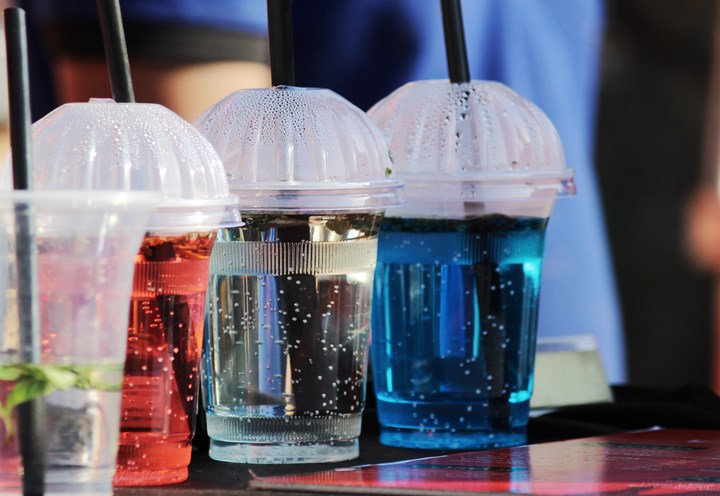'Unique' Polymeric Melt Flow Additive for PLA
CAI Additives is now offering ST-PA210 flow agent for PLA and other biobased polyesters.
Boston-based CAI Performance Additives is now marketing here what is said to be a unique flow improver for use with biodegradable PLA and other biobased polyester resins. Flow Improver ST-PA210 has been shown to increase melt flow index, enhance dispersion, and improve compatibility.

Produced by China’s Starbetter Chemical Materials, for which CAI Additives is the sole distributor in North America, this flow agent is based on a unique polymeric chemistry, versus traditional wax or ‘oily’ lubricants, and has been shown to be highly compatible with PLA, according to CAI Additives CEO Richard Marshall.
“I like to think of it more like good medicine in that it is dosed at low loadings but is highly functional. This, without the brute force lubricity seen in the traditional lubricants. So, like medicine, it is effective with minimal adverse effects, such as loss of mechanical properties along with no risk of waxy residues,” said Marshall. Flowability of PLA with dosage of 1-2% of ST-PA210 has been shown to dramatically increase, according to Marshall.
The new additive is being targeted to both unfilled and filled PLA resins, where improved performance is needed. CAI sells the additive in solid powder form to compounders and processors who can add it at the extruder throat. Typical end-use application include single use cups, spoons, forks, coatings on coffee cups, transparent cold cups, deli containers and clamshell salad boxes.

Related Content
-
ICIS Launches: Ask ICIS Generative AI Commodities Assistant
Said to be the first of its kind, this AI assistant will enhance access to ICIS’ intelligence and insights for the energy and chemical markets.
-
How Yeast Could Give Rise to Bioplastic
Researchers work to scale up a biomanufacturing process for succinic acid, an important building block for industrial chemicals and a biopolymer precursor.
-
Best Practices for Purging PHA and PHA/PLA Blends
Because bioplastics are processed at lower temperatures, purging between jobs requires a different process and purging agents than those applied for traditional resins.




